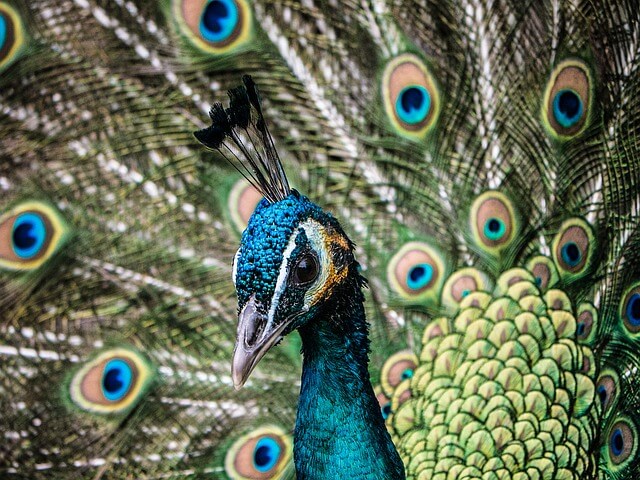
If your mom has ever told you she couldn’t be more proud, maybe she said it because it was true. But before you start feeling all the warm fuzzies, maybe it was just a matter of linguistics. “More proud” isn’t really a thing. She couldn’t be “more proud,” because that combination of words isn’t technically correct.
I feel like I might have just broken some hearts. Don’t worry. I’m sure your mom couldn’t be prouder of you. (That’s the correct form of the sentiment.)
When it comes to superlatives, sometimes it’s tricky when deciding which words get “–er” or “-est” endings and which words get “more” or “most” placed in front of them. As with most things in the English language, there’s an easy rule for knowing the difference; unsurprisingly, there are also a lot of exceptions to the easy rule—but we’ll worry about that later.
- Superlative rule #1 – If the adjective you’re using has one syllable, use the “-er” and “-est” suffixes (e.g., “proud,” “prouder,” “proudest”; “high,” “higher,” “highest”; or “thick,” “thicker,” “thickest”).
- Superlative rule #2 – If the adjective you’re using has three or more syllables, always use “more” or “most” in front of the word (e.g., “terrified,” “more terrified,” “most terrified”; “intelligent,” “more intelligent,” “most intelligent”; “confusing,” “more confusing,” “most confusing”).
You’ll notice a major gap in these rules, and I bet you can already think of a few exceptions. “But what about the two syllable words?” I hear you saying. And what about “good,” “better,” “best”?
I know, I know… the English language is one of rebellion, and there are always exceptions to rules. However, knowing the rule in the first place gives you a good start. (If it helps, for those two-syllable adjectives, there is a secondary rule concerning the final letters of the word, which is mostly followed, but we’ll get into that another day.)
To get back to the original debate, “proud” is one syllable. Thus, “prouder” is the correct form. This single-syllable adjective often seems to have more confusion than others, but technically, “prouder” is correct.
You don’t have to correct your mom, but if you’re saying it to your own kids—or dogs or peacocks—make sure you get it right.